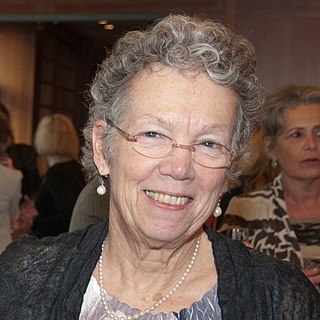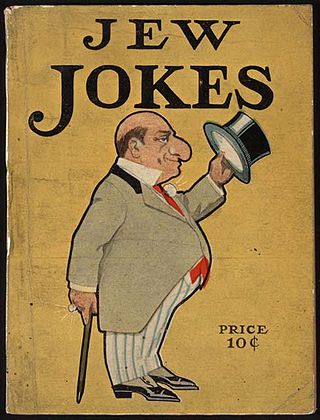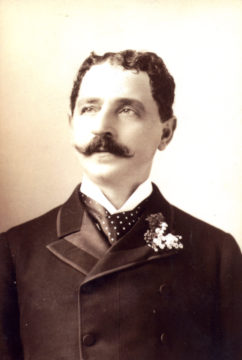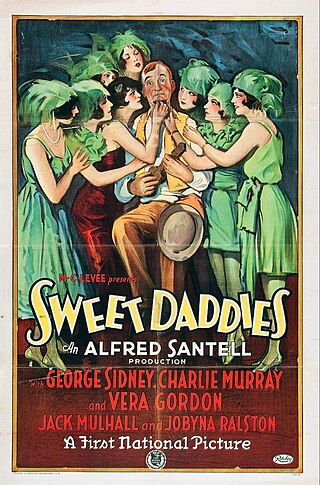Related Research Articles

The Merchant of Venice is a play by William Shakespeare, believed to have been written between 1596 and 1598. A merchant in Venice named Antonio defaults on a large loan on behalf of Bassanio, his dear friend, provided by a Jewish moneylender, Shylock.

The Reichsgau Wartheland was a Nazi German Reichsgau formed from parts of Polish territory annexed in 1939 during World War II. It comprised the region of Greater Poland and adjacent areas. Parts of Warthegau matched the similarly named pre-Versailles Prussian province of Posen. The name was initially derived from the capital city, Posen (Poznań), and later from the main river, Warthe (Warta).

Herbert Louis Samuel, 1st Viscount Samuel, was a British Liberal politician who was the party leader from 1931 to 1935.

A peddler, in British English pedlar, also known as a chapman, packman, cheapjack, hawker, higler, huckster, (coster)monger, colporteur or solicitor, is a door-to-door and/or travelling vendor of goods. In 19th-century America the word "drummer" was often used to refer to a peddler or traveling salesman; as exemplified in the popular play Sam'l of Posen; or, The Commercial Drummer by George H. Jessop.

Deborah Dash Moore is the former director of the Frankel Center for Judaic Studies and a Frederick G.L. Huetwell Professor of History and Judaic Studies at the University of Michigan in Ann Arbor, Michigan.

Joshua is a given name derived from the Hebrew יְהוֹשֻׁעַ, prominently belonging to Joshua, an early Hebrew leader of the Exodus period who has a major role in several books of the Bible. The name was a common alternative form of the name יֵשׁוּעַ (Yēšūaʿ) which corresponds to the Greek spelling Ἰησοῦς (Iesous), from which, through the Latin Iesus, comes the English spelling Jesus. As a result of the origin of the name, a majority of people before the 17th century who have this name were Jewish. A variant, truncated form of the name, Josh, gained popularity in the United States in the 1920s.
Hillcrest Country Club is a private country club located on the west side of Los Angeles, California. Founded in 1920, it is a historically Jewish country club and was established at a time when Jewish members were excluded from other elite social clubs in the city.

Stereotypes of Jews are generalized representations of Jews, often caricatured and of a prejudiced and antisemitic nature.
Stereotypes of Jews in literature have evolved over the centuries. According to Louis Harap, nearly all European writers prior to the twentieth century projected the Jewish stereotypes in their works. Harap cites Gotthold Lessing's Nathan the Wise (1779) as the first time that Jews were portrayed in the arts as "human beings, with human possibilities and characteristics." Harap writes that, the persistence of the Jewish stereotype over the centuries suggests to some that "the treatment of the Jew in literature was completely static and was essentially unaffected by the changes in the Jewish situation in society as that society itself changed." He contrasts the opposing views presented in the two most comprehensive studies of the Jew in English literature, one by Montagu Frank Modder and the other by Edgar Rosenberg. Modder asserts that writers invariably "reflect the attitude of contemporary society in their presentation of the Jewish character, and that the portrayal changes with the economic and social changes of each decade." In opposition to Modder's "historical rationale", Rosenberg warns that such a perspective "is apt to slight the massive durability of a stereotype". Harap suggests that the recurrence of the Jewish stereotype in literature is itself one indicator of the continued presence of anti-Semitism amongst the readers of that literature.

The Fourteenth Street Theatre was a New York City theatre located at 107 West 14th Street just west of Sixth Avenue.

William Gill, also known as William Bain Gill, William B. Gill, and W. B. Gill, was a British North American born Australian playwright, actor, theatre critic, journalist, and theatre manager. He is most famous for authoring Broadway's first hit musical, Adonis.

Maurice Curtis, stage name M. B. Curtis, was an American stage actor, producer, and real estate developer, at one point tried and acquitted of a policeman's murder. He achieved fame in the title role of George H. Jessop's 1881 play Sam'l of Posen; or, The Commercial Drummer.
George Henry Jessop was an Irish playwright, librettist, journalist, and novelist. Born in Ireland and educated at Trinity College Dublin, Jessop began his career as a writer working for magazines in London before moving to California in 1873. There he worked as both a journalist and newspaper editor for five years before beginning a career as a playwright in the United States. His first play, A Gentleman from Nevada (1879), was a success and had a profitable run at Broadway's Fifth Avenue Theatre. This work was eclipsed by his third play, Sam'l of Posen; or, The Commercial Drummer (1881), which brought both fame and fortune to its star, the actor M. B. Curtis, who purchased the rights to the work outright from Jessop. It was notably the first play in the history of American theatre to present a positive portrayal of a Jewish character.
Jews played a prominent and often leading role in much of the historical development of the film industry in the United States.
The history of the Jews in Guam, a territory of the United States in the western Pacific Ocean, dates back to at least 1899. A high point in Jewish activity in Guam was during the time of World War II. Jews have continued to live there since, although as a small presence. As of 2009, there are approximately 150 Jews in Guam, of which about a third are religiously active.

Shylock is a fictional character in William Shakespeare's play The Merchant of Venice. A Venetian Jewish moneylender, Shylock is the play's principal villain. His defeat and conversion to Christianity form the climax of the story.

Sweet Daddies is a 1926 American silent comedy crime film directed by Alfred Santell and starring George Sidney, Charles Murray, and Vera Gordon. The film foregrounds positive relationships between Jewish and Irish American characters, despite the presence of some stereotypes.

Samuel Gordon was an English novelist, short story writer, and playwright. His fiction largely focused on the lives of contemporary English and Russian Jews.
References
Citations
Bibliography
- Erdman, Harley (Fall 1995). "M. B. Curtis and the Making of the American Stage Jew". Journal of American Ethnic History . 15 (1). University of Illinois Press: 28–45.
- Gänzl, Kurt (2002). William B. Gill: From the Goldfields to Broadway. Routledge. doi:10.4324/9780203953228. ISBN 9780415937672.
- Howe, Irving; Libo, Kenneth (2005). World of Our Fathers: The Journey of the East European Jews to America and the Life They Found and Made. New York University Press. ISBN 9780814736852.
- Harap, Louis (2003). The Image of the Jew in American Literature: From Early Republic to Mass Immigration, Second Edition. Syracuse University Press. ISBN 9780815629917.
- Landa, Myer Jack (1926). The Jew in Drama. P. S. King & son, Limited.
- Mayer, David (2009). Stagestruck Filmmaker: D. W. Griffith and the American Theatre. University of Iowa Press. ISBN 9781587298400.
- McArthur, Benjamin (2000). Actors and American Culture, 1880-1920. University of Iowa Press. ISBN 9780877457107.·
- McCloskey, J.J.; Waldack, Lester (2019). "Sam'l of Posen". America's Lost Plays, Vol. IV, DAVY CROCKETT and Other Plays. Wildside Press. ISBN 9781479443475.
- Schiff, Ellen (2012). From Stereotype to Metaphor: The Jew in Contemporary Drama. State University of New York Press. ISBN 9781438418940.
- Sorensen, Karen (2020). Albany: Stories from the Village by the Bay. Arcadia Publishing. ISBN 9781467104470.
- Spears, Timothy B. (1995). 100 Years on the Road: The Traveling Salesman in American Culture. Yale University Press. ISBN 9780300070668.
- Watt, Stephen (2015). 'Something Dreadful and Grand': American Literature and the Irish-Jewish Unconscious. Oxford University Press. ISBN 9780190227951.
- Weinstein, Dave (2008). It Came from Berkeley: How Berkeley Changed the World. Gibbs Smith. ISBN 9781423602545.